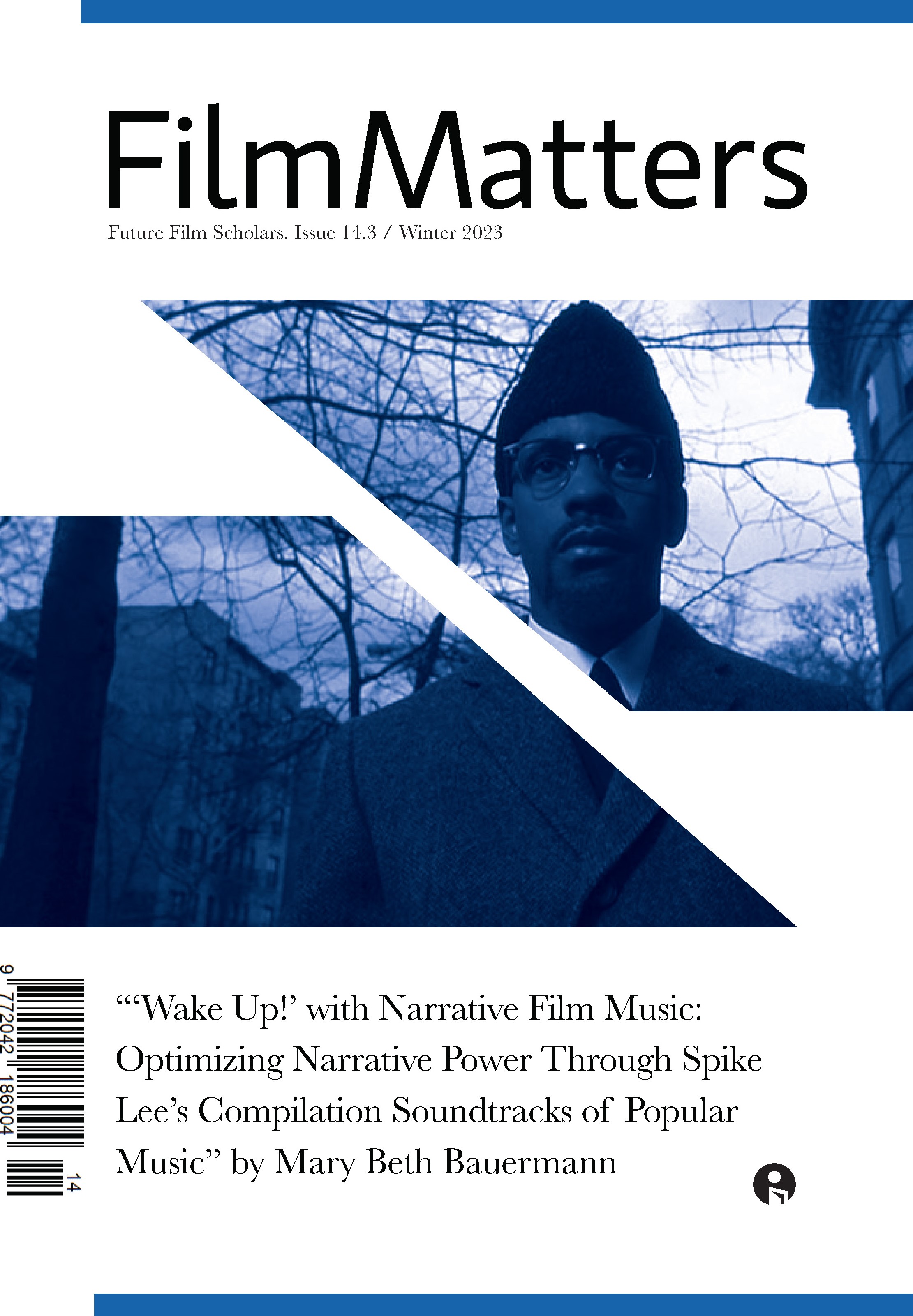
Full text loading...
Knowing David Lynch’s background as an Eagle Scout, this article explores that many of Lynch’s films and their protagonists, particularly Jeffrey Beaumont (Kyle MacLachlan) in Blue Velvet (1986), embody Eagle Scout-like heroes and serve as genre-like “Eagle Scout films.” These films and their protagonists have similarities with the film noir and western genres and their detective/cowboy heroes through their dealings with ethics, morality, and justice in sadistic worlds. In his genre-hybrid films, Lynch acts as an auteur in using recurring thematic preoccupations/stylistic tendencies, while exemplifying hostile environments offset by a central protagonist with an Eagle Scout-like set of morals.

Article metrics loading...

Full text loading...
References


Data & Media loading...

Publication Date:
https://doi.org/10.1386/fm_00156_7 Published content will be available immediately after check-out or when it is released in case of a pre-order. Please make sure to be logged in to see all available purchase options.